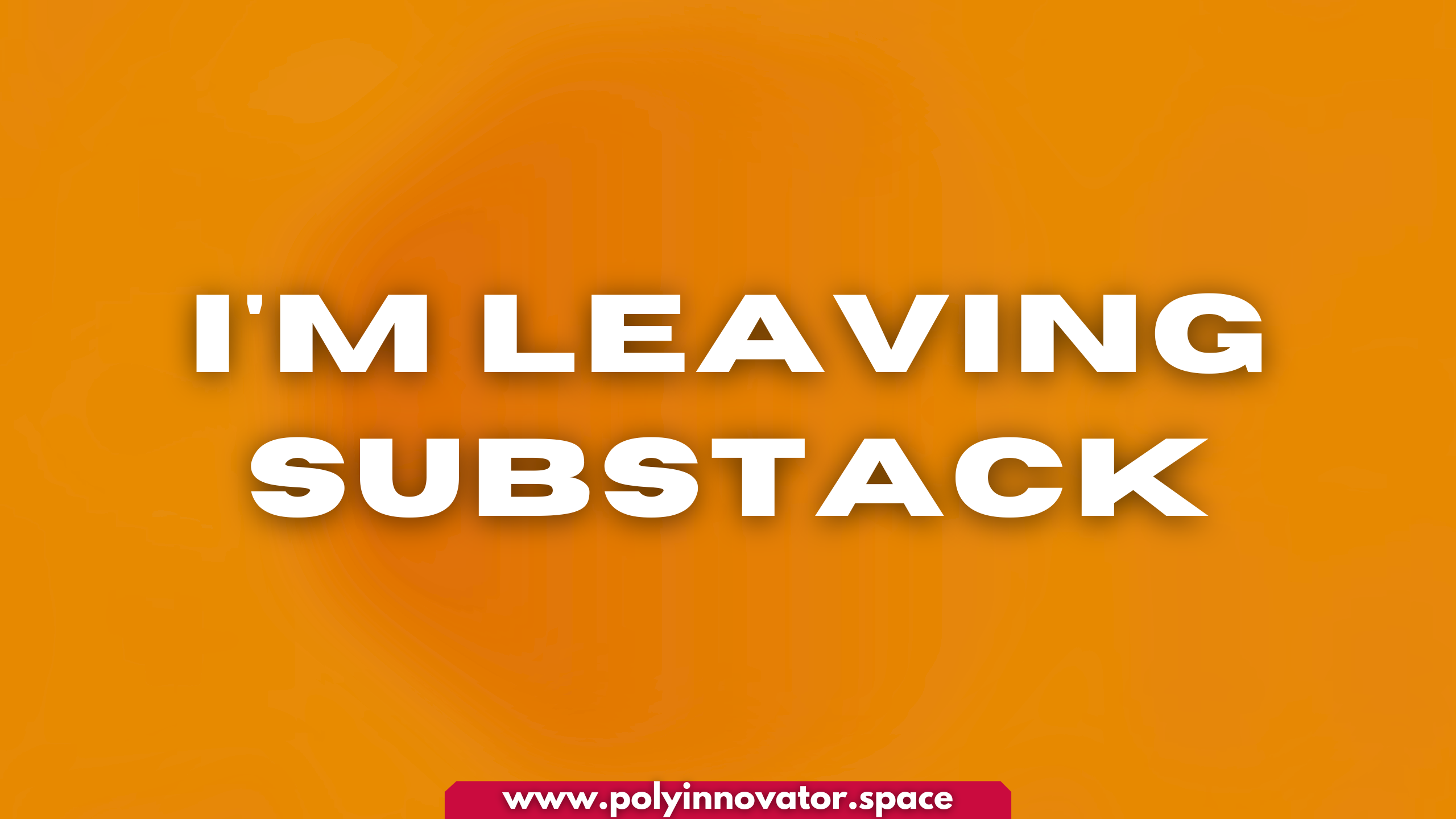The 3 P’s is just what I call the various aspects of learning to swim, and they are your gateway to becoming a phenomenal swimmer.
I always tell people “I could even teach an Olympic swimmer something new”, and that is because of this system. Most students I teach fall under the physics or psychology umbrellas, but everyone at some point hits the philosophy wall. Where you need to know WHY you are doing something in some way.
This system changes for each student, each and every lesson, and it will more than likely change every time you practice yourself as well. When you go in maybe you’ll need to work on the physical form, or perhaps your psychology gets in the way, or even you struggle with why you are having to do something in this certain way.
This is the basis for each of these newsletters as well, as it simplifies the explanation process, and by giving all three explanations then you who is mainly needing one or the other will benefit.
Why + Philosophy:
“Philos - Sophia” or the love of wisdom, this is the something permeates every single subject, and life events. When take a look at something in a philosophical way your brain takes a back seat from overthinking for the most part.
You start to see the bigger picture, and take a step back. For example it isn’t about getting from point A to point B, but rather HOW you get there. That is a philosophical learning point that leads into the physics, and then into the psychology (I’ll explain in a moment).
When you are struggling with the basic swimming it usually has to do with some sort of block. It could be the psychical with the complexity of breathing, or it could be a micro-panic in your mind keeping you from being calm. You find that out by taking a step back, and looking at the bigger picture.
How + Physics:
Back to the point A to point B, there are often times where you’ll be so focused on getting to the wall, or the end point, that you will forget or forego certain important form instructions.
There are reasons why I teach in the way that I do, let alone to swim in a certain way, and in order to master the complex stuff you have to master the simple stuff first. Every student is different, so I try to change my approach based off of the needs they have. However we still ALL get to the point of running out of breath, physically tired, or neglectful of certain angles.
Getting from one wall to another is fine, but getting there with better and proper deliberate practice is far greater of a benefit.
What + Psychology:
Here is what usually happens, you may rush the push/start, or perhaps swim a bit too fast, then by the end you are running out of breath. When you first start out there is this learning point where you realize you DON'T HAVE TO BREATH that bad. It is usually more so the need to breathe out, rather than breathe in.
In that realization you start to realize how many times you were swimming or doing stuff, and then all of the sudden you had to stop because of that micro-panic of wanting to breathe.
When you realize your swimming could improve quicker, if only you were to slow down and do it more. Rather that start/stopping because of each and every breath. Then you are able to make that journey of point A to B a lot more smoothly.
It is about the Journey getting there!
Practically anyone can make it from one wall to another, but it is those who try and make the journey itself their focus that come out on top.
Whether you are swimming 10ft across the pool, or five miles in a race, there is always something you could be improving on. Perhaps you need to take a step back, imagine yourself in the clouds above looking down. Seeing where you need to go, how much longer it will take, and what it will take from you to stay calm the whole time.
Maybe it is a physical thing you need to do. Continue to improve on your form, kicking straight, diving your hands, or perhaps putting it all together so you can breathe more. In any case it is like taking a screw driver to your joints/body, and tightening up the form.
Finally, it could come down to something as simple as fear, and yes I am saying fear is simple. It feels more than complicated, but when you take logic away from anything it will seem insurmountable. Fear in swimming is a biological response, hardwired into us to not drown, swimming is humanity's way of overcoming that response. You literally have to tell your body to shut up and do it anyways.
Disclaimer:
This is advice for people to level up their swimming, or perhaps get started in the first place. While you swim you should make sure you are doing so in a public facility with a lifeguard on duty for safety.
![Official Website for Dustin Miller PolyInnovator [LLC]](https://polyinnovator.space/content/images/2025/03/polyinnovator-logo-2024.png)











